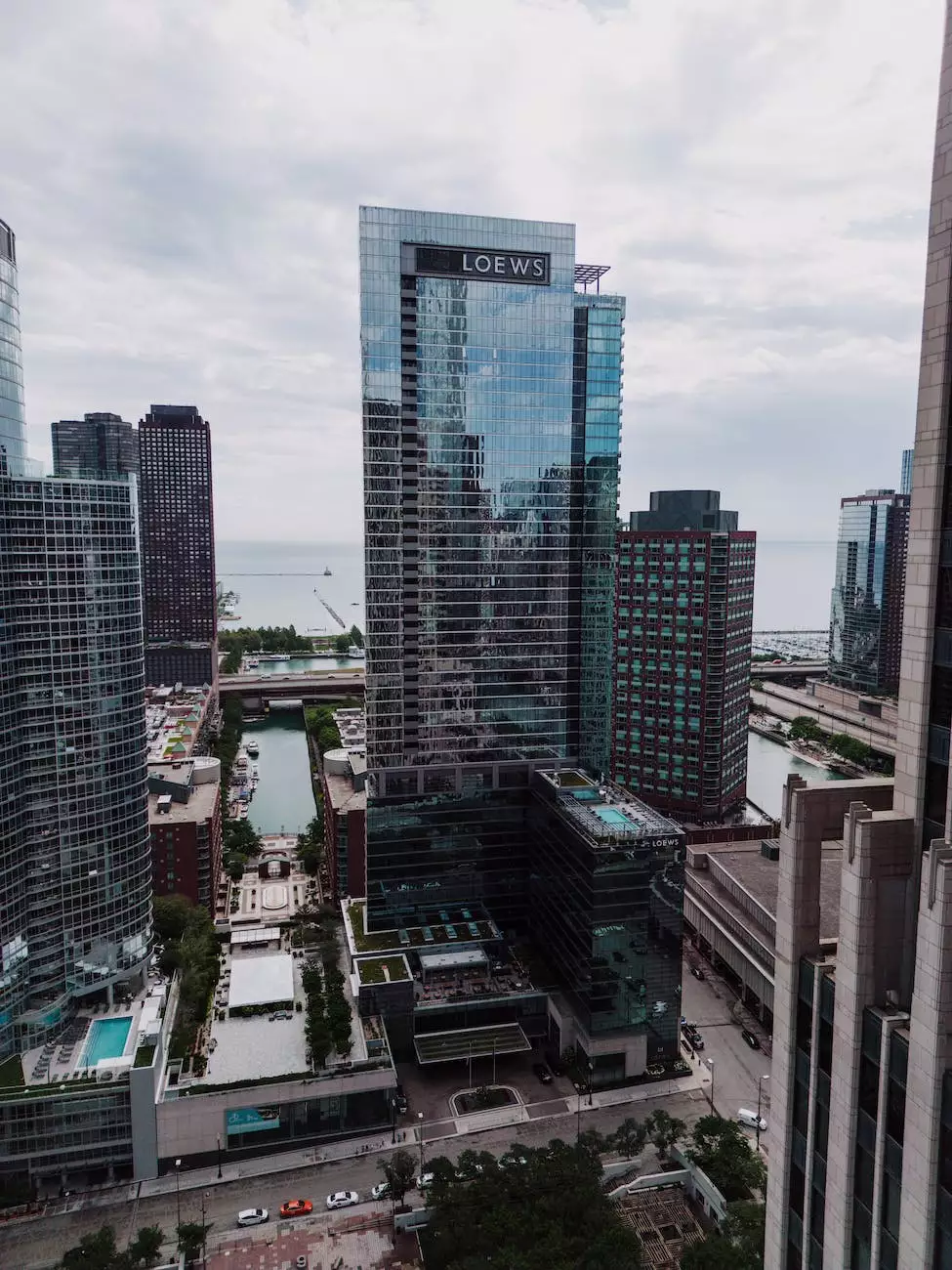Cap Rates in Huntington Beach, California
Blog
Introduction
Welcome to H2 Buy Suite LLC, your trusted source for real estate investment data and insights. This page focuses on cap rates in Huntington Beach, California, providing you with comprehensive information to make informed decisions for your real estate portfolio.
Understanding Cap Rates
Before diving into the specific cap rates in Huntington Beach, let's start with a brief explanation of what cap rates are. The capitalization rate, or cap rate, is a widely used metric to evaluate the potential return on investment in real estate.
The cap rate represents the ratio of the property's net operating income (NOI) to its market value. It enables investors to compare different investment opportunities and assess their profitability. A higher cap rate indicates a potentially higher return, while a lower cap rate suggests a lower return.
Cap Rates in Huntington Beach
Huntington Beach, California, is known for its picturesque beaches and vibrant real estate market. As a potential investor, understanding the cap rates in this area is crucial to maximizing your investment potential.
Residential Properties
When it comes to residential properties in Huntington Beach, the cap rates can vary based on factors such as location, property type, and market conditions. As of the latest reports, the average cap rates for single-family homes in desirable neighborhoods range from 4% to 6%. These areas offer stable rental demand, attractive amenities, and potential for long-term appreciation.
For multi-family properties, such as duplexes or apartment complexes, the cap rates tend to be slightly higher, often ranging from 5% to 7%. Investors find the potential cash flow from multiple rental units appealing in these types of investments.
Commercial Properties
Huntington Beach offers an array of commercial real estate opportunities. From office spaces to retail properties, the cap rates can vary significantly depending on the location, size, and tenant agreements.
Prime commercial areas, such as downtown or near popular shopping centers, tend to have lower cap rates ranging from 4% to 6%. These areas attract high foot traffic and offer excellent visibility for businesses.
On the other hand, industrial properties in the outskirts of Huntington Beach may offer higher cap rates, with values typically ranging from 6% to 8%. These properties cater to businesses requiring larger warehouse spaces or manufacturing facilities.
Factors Influencing Cap Rates
While cap rates provide insights into the potential return on investment, it's important to consider the various factors that influence them. Understanding these factors can help you analyze cap rates more effectively and make sound investment decisions.
Market Conditions
The overall real estate market conditions play a significant role in determining cap rates. In a competitive market, where demand exceeds supply, cap rates may be lower due to increased property values. In contrast, a market with ample inventory and lower demand may lead to higher cap rates.
Property Location
The location of a property heavily influences cap rates. Prime locations and neighborhoods with robust economic growth tend to have lower cap rates. Investors are often willing to accept lower returns for properties situated in desirable areas with high rental demand.
Meanwhile, properties in less developed or transitional neighborhoods may offer higher cap rates to attract investment. These areas have the potential for higher returns as they undergo revitalization or experience future growth.
Property Condition
The condition of a property can also impact cap rates. Well-maintained properties with modern amenities and features often command lower cap rates due to their desirability. On the other hand, properties requiring renovation or significant repairs may carry higher cap rates to reflect the additional investment needed.
Tenant Stability
Tenant stability and lease agreements are crucial factors influencing cap rates for commercial properties. Properties with long-term, reliable tenants often have lower cap rates due to reduced leasing risk. In contrast, properties with higher tenant turnover or shorter lease terms may have higher cap rates to account for potential vacancies or interruptions in cash flow.
Conclusion
As you explore real estate investment opportunities in Huntington Beach, California, understanding cap rates is essential in evaluating the potential returns and risks associated with each property. H2 Buy Suite LLC provides you with comprehensive data and insights to help you make informed decisions.
Whether you're interested in residential or commercial properties, our expertise in the local market can assist you in identifying promising investment opportunities. Contact us today to learn more about cap rates in Huntington Beach and how we can assist you in achieving your investment goals.










